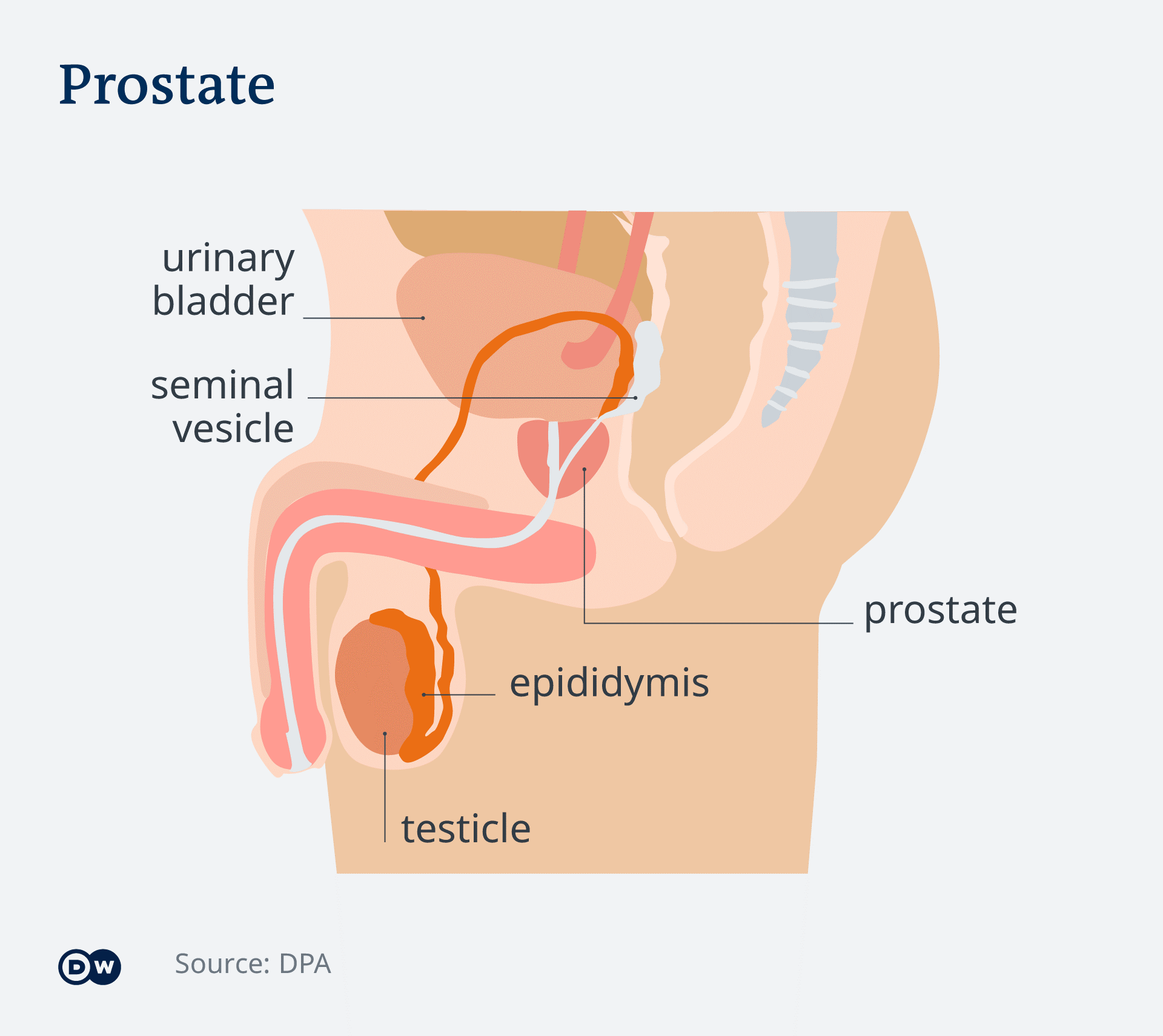
Chlamydia is a sexually transmitted disease caused by bacteria that primarily attack the mucous membranes of the sexual organs: the vagina, penis, anus and urethra. It can lead to infertility. The best method of prevention is using condoms. Upon having sexual contact with someone infected with chlamydia and don't use protection, you may be at risk of infection. An infection can develop within one to three weeks.
Symptoms of the disease is such there is discharge from the penis, vagina or anus, a burning or pain when you urinate, or pain during vaginal or anal sex. In women, intermittent bleeding can also be a sign of infection. Diagnosing it sometimes is discovered by chance during a fertility test. Fifty to 60% of all couples who go to clinics [because they're finding it difficult getting pregnant] once had chlamydia. The disease is likely a significant cause of infertility. In women, chlamydia is localized in the vaginal area, which can spread to the abdomen. In the vagina or cervix, the bacteria are no longer detectable, but the fallopian tubes can become clogged, and the ovaries become inflamed.
In males, chlamydia can enter the scrotum via the urethra and infect the testes. The sperm duct can also become obstructed and a serious inflammation can lead to infertility, which can also cause a risk of contracting HIV because the mucous membranes are more sensitive and permeable because of the inflammation. Treatment involves seven consecutive days of antibiotics. In the vast majority of cases, this is successful. After that, there is no longer any risk of infection.
